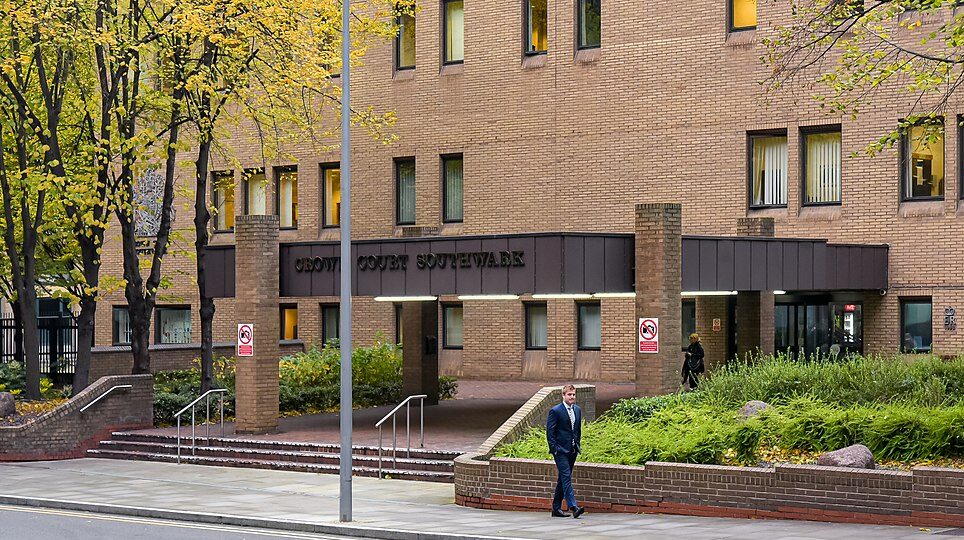SDT strikes off solicitor David Horsfall after fraud conviction and public trust concerns
The Solicitors Disciplinary Tribunal has struck off solicitor David Michael Layard Horsfall following his conviction for fraud by false representation, ruling that his conduct gravely undermined public confidence in the profession.
Horsfall, who was born in 1955 and admitted as a solicitor in 1981, practised through Layard Horsfall Limited in Surrey until the firm was intervened into by the Solicitors Regulation Authority in December 2009. In October 2011, he pleaded guilty at Southwark Crown Court to dishonestly creating a “comfort letter” on behalf of a client company that was already in financial distress and subject to winding-up proceedings. The court heard that Horsfall knowingly misled potential investors by falsely representing the company’s financial position, enabling further payments to be made which would otherwise not have occurred.
Sentencing took place in November 2011, when Horsfall received a term of 17 months’ imprisonment. The judge, His Honour Judge Higgins, described the solicitor’s actions as the “grossest breach of trust”, emphasising that he had used his professional status to lend credibility to falsehoods. The court found that at least two payments, one of €50,000 and another of £25,426, were made as a direct result of Horsfall’s dishonesty. The judge also noted that Horsfall’s firm had received approximately £65,000 from its relationship with a client involved in the scheme, a sum that appeared to represent a significant portion of the practice’s turnover.
Embed from Getty ImagesDuring the disciplinary hearing, Horsfall sought to argue that the letter was written recklessly rather than with full knowledge of its fraudulent purpose. He claimed he had acted under pressure to assist a client and that he had not intended the letter to be used to secure investment. He further submitted that the Serious Fraud Office had originally pursued more serious conspiracy charges but later accepted he was not part of the broader scheme. Nonetheless, Horsfall accepted his conviction for dishonesty and admitted that the document he had signed was untrue.
The tribunal noted that under the Solicitors Disciplinary Proceedings Rules, a conviction for a criminal offence is conclusive evidence of guilt. It found that Horsfall’s conduct breached Rule 1.06 of the Solicitors Code of Conduct 2007, which requires solicitors to act in a way that maintains public trust. The panel considered the sentencing judge’s remarks particularly significant, highlighting that Horsfall had acted with knowledge that his false statements would likely cause financial harm to others while benefiting himself and his client.
Horsfall argued that striking him off immediately would jeopardise ongoing civil proceedings he was attempting to pursue relating to costs from his former practice. He said he faced financial hardship, with assets seized and claims outstanding against him, and he asked the tribunal to consider delaying its decision. The panel, however, held that personal mitigation could not outweigh the need to protect the public and the standing of the profession. Citing the leading case of Bolton v Law Society, it ruled that dishonesty by a solicitor requires the most serious sanction to maintain confidence in the integrity of the profession.
The tribunal also took into account a previous disciplinary finding from 2009, when Horsfall had been fined £3,000 for breaches of the Solicitors Accounts Rules. Although that case did not involve dishonesty, it was relevant background to his regulatory record.
In reaching its decision, the tribunal acknowledged the hardship its order would cause but concluded that striking off was the only proportionate outcome. Horsfall was ordered to be removed from the Roll of Solicitors with immediate effect. He was also ordered to pay £1,750 towards the costs of the proceedings, though the tribunal ruled that the sum should not be enforced without further leave, in light of his financial circumstances.
The case underscores the tribunal’s consistent position that solicitors convicted of dishonesty cannot remain in practice. By striking off Horsfall, the panel reiterated that the protection of the public and the reputation of the profession must come before the personal consequences for individual solicitors.
